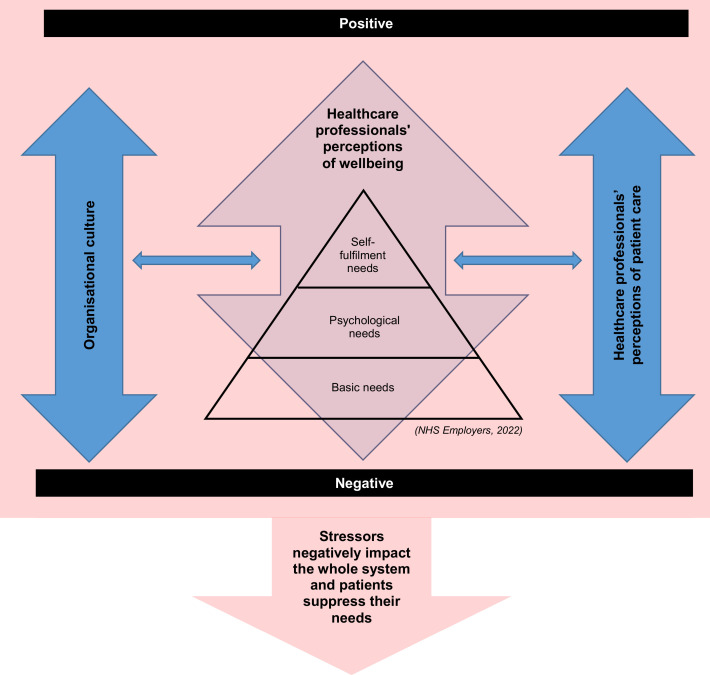
### The Essential Importance of Communication in Healthcare: Insights from an ER Doctor
With two decades of experience as an emergency room doctor, I’ve realized that the ER frequently serves not just to manage emergencies but to fill communication voids in the healthcare system. Patients often arrive at the ER not because their conditions necessitate immediate medical intervention, but due to a lack of understanding regarding their diagnoses, prognoses, or treatment options.
This gap between patients and their healthcare is more than an operational issue—it represents a systemic breakdown. It causes unnecessary anxiety for patients, hinders efficient healthcare delivery, and leads to physician burnout. Just this past week, I witnessed several distressing situations that highlight the critical need for improved communication.
### When Patients Desire Understanding, Not Merely Treatment
A **65-year-old male** with metastatic lung cancer visited the ER, believing his shortness of breath stemmed from a mild case of pneumonia. He was taken aback to discover that his symptoms were more likely a sign of his cancer’s progression—a fact that had never been clearly communicated to him.
In a separate case, a **97-year-old female** presented to the ER categorized as “failure to thrive.” She appeared frail and malnourished, showing typical signs of advanced metastatic cancer. When I recommended hospice care, her reaction suggested that this topic had never been discussed with her before, leaving her stunned.
These experiences are profoundly concerning, not only due to their frequency but because they are avoidable. Many of these individuals don’t come to the ER seeking urgent care—they seek clarity. Unfortunately, what should be direct and proactive conversations often get overlooked, resulting in the ER becoming the venue where harsh truths are finally revealed to patients and families.
### What Fuels the Silence? Specialists and the Unfinished Discussion
A growing source of my frustration as an ER physician lies in pondering **why specialists often refrain from having forthright, clear discussions** with their patients prior to discharge or referral. Is it due to limited time? Fear of causing distress? Or maybe the belief that patients—or their primary care doctors—will naturally grasp the needed information?
While I understand the difficulties specialists encounter, failing to tackle these concerns head-on can lead to significant consequences. For instance:
– A patient recovering from prostate surgery may find themselves in the ER, panicking over unexpected blood in their urine, unaware that this is a normal post-operative symptom they weren’t informed about.
– A cancer patient may learn about their terminal prognosis for the first time in the ER because their oncologist didn’t have the opportunity or the words to convey it earlier.
– Families may have to make urgent, critical decisions about life-sustaining treatments in the ICU, having never previously discussed hospice or advance care planning.
These instances are more than just minor miscommunications—they signify a breach of trust. Consequently, patients may feel neglected and alienated from their care, further undermining their confidence in the healthcare system.
### The Impact on the Emergency Department
The ER is inherently a high-pressure, high-stakes environment. While emergency care is often linked to rapid problem-solving, little attention is given to the moments when ER physicians deliver difficult news to patients. Sadly, the ER atmosphere is poorly suited for sensitive, empathetic discussions about serious prognoses, palliative care, or long-term treatment strategies.
Consider the unique hurdles:
– **Time limitations:** ER doctors seldom have the time necessary for thorough, thoughtful discussions.
– **Urgent demands:** The tumult of an emergency room is counterproductive to the calm, reflective conversations that are often needed.
– **Fragmentation of care:** After these discussions, patients frequently exit the ER and enter yet another disjointed segment of the healthcare system, where follow-up care may be unreliable at best.
For ER physicians, engaging in these conversations—since no one else will—adds to the **emotional burden** of medicine. It’s a draining addition to the already demanding role of managing urgent care. For numerous colleagues, this unacknowledged weight is a significant factor contributing to burnout.
### An Appeal to Specialists
Enhancing patient care doesn’t always call for revolutionary medical breakthroughs or advancements in technology. Often, it begins with something straightforward—and fundamental—like communication. Healthcare thrives on collaboration, and specialists are essential in promoting understanding and fostering trust.
Here’s what I encourage my colleagues in specialty care to reflect on:
#### 1. **Engage in Difficult Conversations**
If a patient’s prognosis is grim or a treatment entails distressing but typical side effects, communicate that. Compassionate transparency is superior to postponed clarity. Patients deserve to grasp the truths of their situation.
#### 2. **Verify Understanding**
Medical terminology can overwhelm and confuse patients. Don’t take for granted that your explanations have been fully understood. A simple approach, such as asking, “Can you summarize in your own words what you understand about your condition?” can truly make a significant impact.
#### 3. **Deliver Clear,